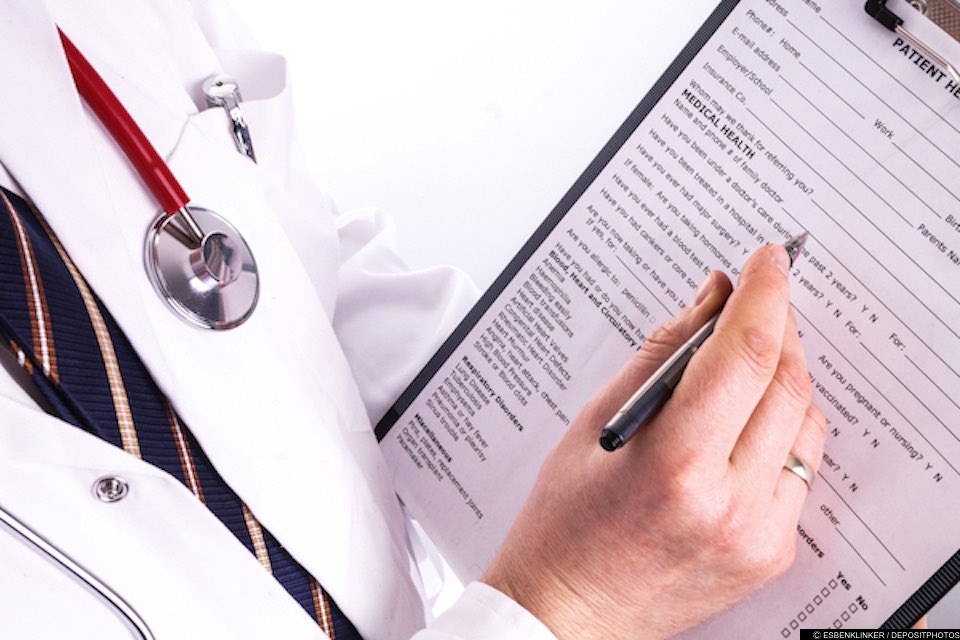New figures from Public Health England show that new HIV infections amongst gay and bisexual men dramatically fell from 2015 to 2016.

Official figures published yesterday by PHE show there has been a significant decline in new diagnoses of HIV in the UK in gay and bisexual men. The statistics highlight the importance of frequent and regular testing to ensure that HIV is both diagnosed and treated much sooner: improving patient outcomes and reducing the spread of HIV.
The decrease in HIV diagnoses in gay and bisexual men represents the most exciting development in the UK HIV epidemic in 20 years when effective treatment became widely available.
High levels of condom use and increased testing
Commenting on the figures, Dr Valerie Delpech, Head of HIV surveillance at Public Health England, said:
“This is very good news. It is the first time since the beginning of the HIV epidemic in the 1980s that we have observed a decline in new HIV diagnoses among gay and bisexual men and is clear evidence that HIV prevention efforts are working in the United Kingdom.
“Our success in reducing transmission is due to high levels of condom use among gay men, and a sharp rise in the number of men testing for HIV each year, with those at greatest risk testing more frequently. Early diagnosis is also key to making sure that people benefit from HIV treatments so they can live long and healthy lives and are protected from passing on the virus to others.”
With continued investment in testing and diagnosis, the decline in HIV infection which has taken place for gay and bisexual men in London can be replicated in other parts of the country and in all those at higher risk of HIV. HIV testing enables diagnosis and the opportunity for treatment which not only means people can live long, healthy lives but also provides reassurance that the virus cannot be passed on.
It is easy to get tested for HIV. Testing is freely available through GP surgeries, local hospitals and sexual health clinics as well as on self-sampling and self-testing (see NHS Choices for further information).
As well as getting tested, using a condom with new or casual partners protects against HIV and other STIs.


